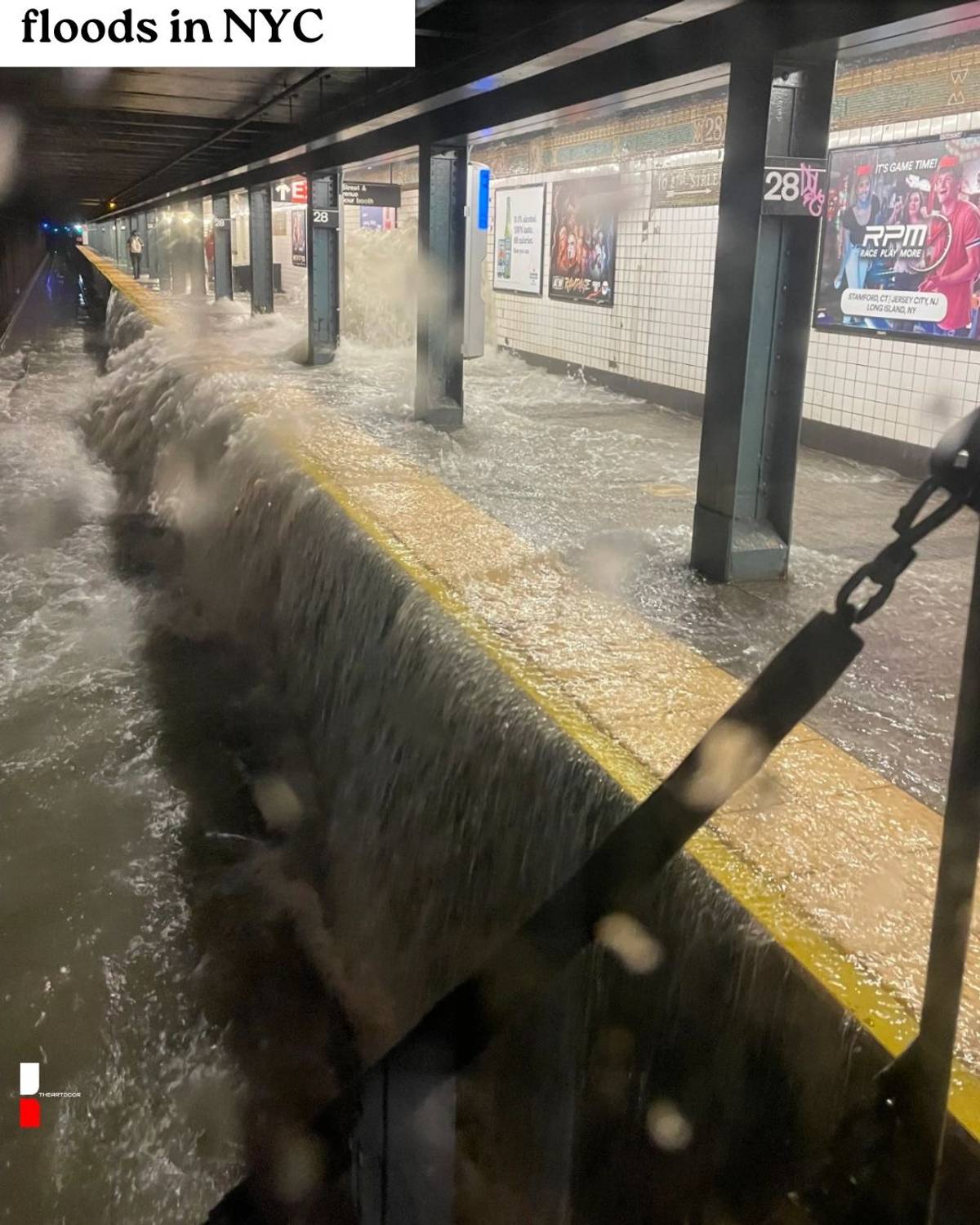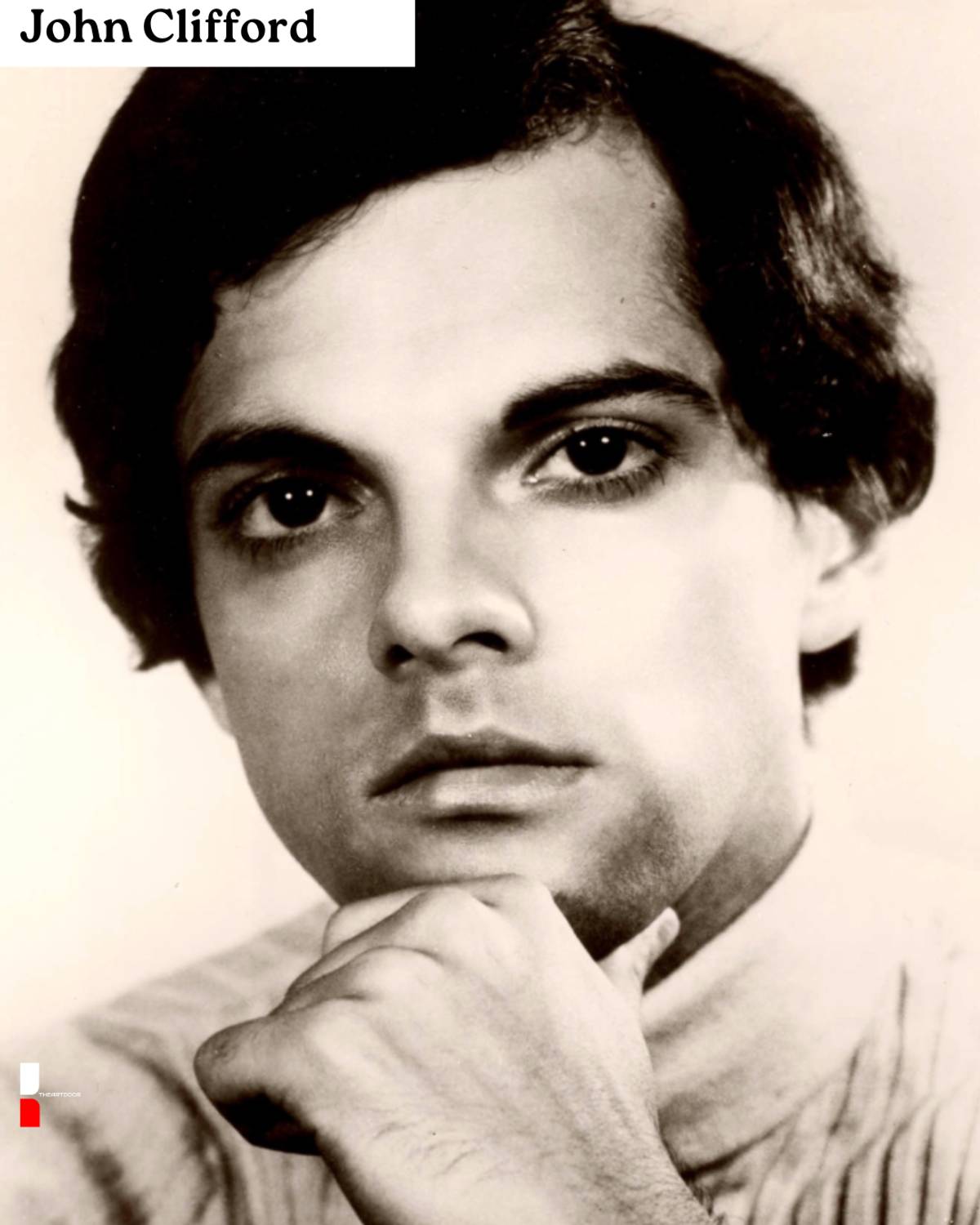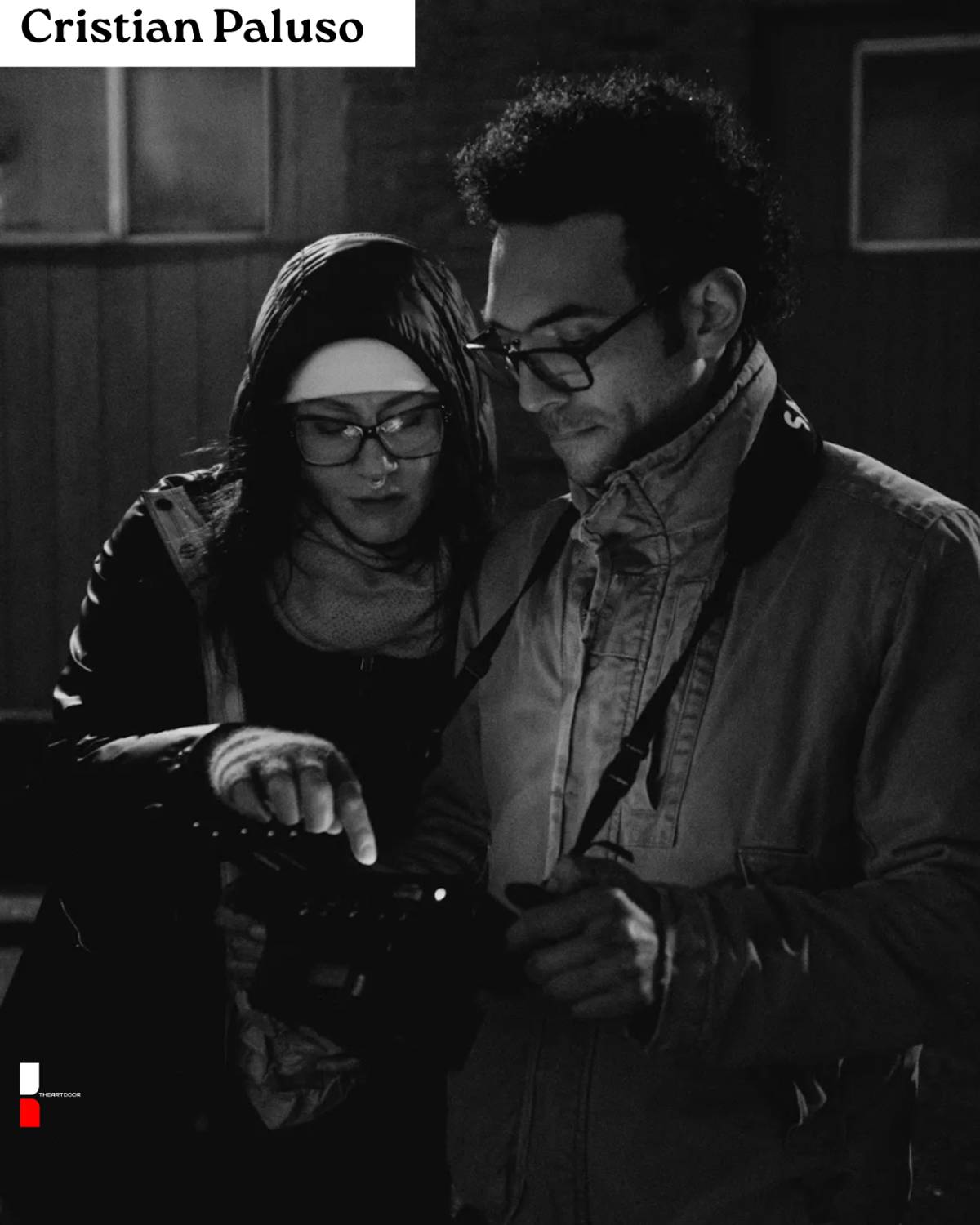Flash Floods Sweep New York and New Jersey as Storms Drench Northeast
Torrential rains caused by a climate-fueled storm triggered flash floods across New York and New Jersey, paralyzing transit systems, submerging streets, and prompting emergency evacuations. Over 8 inches of rain fell in under six hours, overwhelming outdated infrastructure and flooding subway tunnels. Scientists link the storm's intensity to warming air and ocean temperatures, warning such events will become more frequent. Governor Hochul declared a state of emergency, while climate experts stressed the urgent need for resilient infrastructure and flood mitigation. The storm’s aftermath highlights the growing risks of extreme weather in densely populated urban centers as climate change accelerates.

Balanchine’s Protege, John Clifford, Discusses the Arts in the United States
Choreographer John Clifford warns that cutting arts education in U.S. schools risks “dulling democracies.” He cites neuroscience showing arts like dance and music boost attention, language, and social skills. Since 2001, U.S. schools offering dance and drama have dropped below 4%, with arts time declining due to testing pressures. Clifford critiques media consolidation and politicized venues, like the Kennedy Center, for stifling cultural diversity. He advocates blending popular and classical styles, nurturing local talent, and using technology subtly. Clifford proposes mandatory arts credits and a federal “Culture Pass” to foster civic engagement and cultural literacy.

Fashion’s Crossroads: Can Humanity Defeat the Race for Endless Growth
Twelve years after the Rana Plaza disaster, which killed 1,138 garment workers, the $1.84 trillion fashion industry faces scrutiny for its environmental and human toll. Designer-activist Orsola de Castro, in a 1O1 Square interview, critiques the “oligopoly of sameness” driven by fast-fashion giants like Shein. Despite regulatory efforts like the EU’s Sustainable Textiles Strategy, ultra-fast fashion fuels waste and exploitation. De Castro’s Fashion Revolution pushes upcycling, local mills, and transparency, urging consumers to demand accountability. As tariffs raise prices and public concern grows, the industry stands at a crossroads: endless growth or a sustainable model prioritizing well-being and empathy.

The Timeless Power of Tragedy: Amanda Sthers on Literature, Empathy, and the Digital Divide
Amanda Sthers explored the vital role of tragedy in literature, emphasizing its power to foster empathy and wisdom. She argued that stories, whether comedic or dramatic, connect us to shared human struggles, countering the polarization fueled by social media’s instant demands. Sthers criticized book bans, advocating for age-appropriate literature to prepare children for life’s complexities. She highlighted reading’s role in self-discovery, contrasting it with the curated facades of online life. Proposing “boredom summer camps” and accessible stories to spark a love for reading, Sthers urged a return to narratives that bridge divides and illuminate hope.

Ancient Steps, Modern World: Why Traditional Dance and Music Still Matter
Traditional dance and music remain vital in a digital age, bridging past and present. In a 1O1 Square discussion, Ariel Rose and Aditi Bhagwat explore their relevance. Dance, using the entire body, fosters self-acceptance and empathy, while mythologies like Shiva’s gender fluidity echo modern themes. Ancient disciplines like the Natya Shastra counter today’s distractions, promoting focus. Artists adapt with shorter, fusion performances to engage audiences. Beyond entertainment, arts strengthen communities, as seen in pandemic livestreams. Stakeholders, educators, artists, policymakers, learners must engage, integrate, collaborate, and invest to keep traditions alive, ensuring they inspire and unite across cultures.

Independent Filmmaking Spotlight: Cristian Paluso Urges Global Audiences to Champion Original Storytelling
Indie filmmaker Cristian Paluso, in an interview on 1O1 Square, passionately advocated for original storytelling in cinema, challenging the dominance of big-budget blockbusters. He debunked the myth that substantial funding is essential for great films, emphasizing that compelling stories and dedicated teams are key. Paluso highlighted the personal, emotionally driven nature of indie filmmaking compared to formulaic studio productions. He expressed concern over the industry’s shift toward IP-driven content, urging audiences to support indie films through festivals and distributors like A24 and Neon. Paluso believes indie cinema fosters deep human connections, offering authentic narratives that resonate long after viewing.
